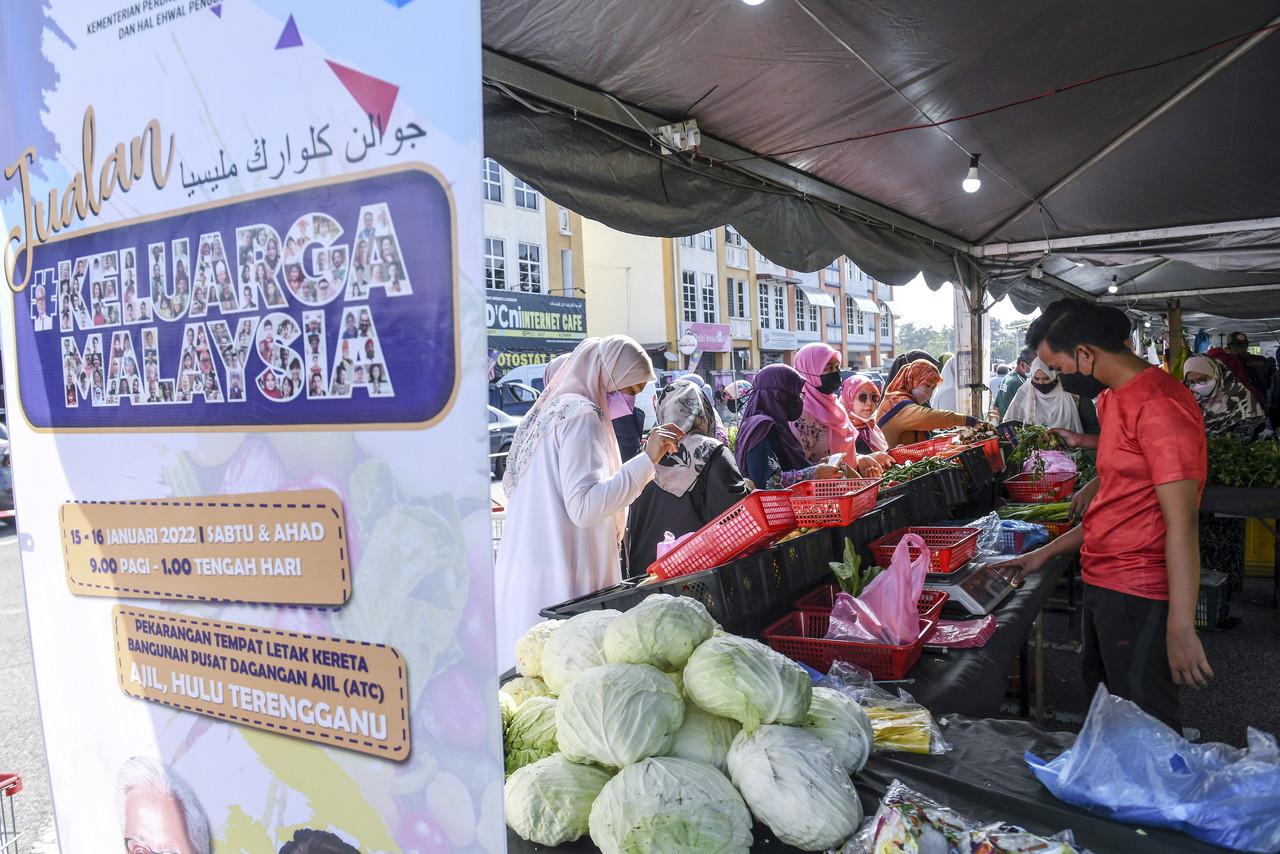Don’t blame civil servants if ‘Keluarga Malaysia’ slogan doesn’t catch on, say analysts
Not many understand the slogan or how it differs from Najib's 1Malaysia, they say.
Just In
Six months after Ismail Sabri Yaakob was sworn in as prime minister, his “Keluarga Malaysia” or “Malaysian Family” slogan has yet to catch on, analysts say, cautioning however against blaming civil servants for the lack of support.
Speaking to MalaysiaNow, they said the people did not really understand the tagline which Ismail introduced shortly after taking his oath of office last August.
Oh Ei Sun of Singapore’s Institute of International Affairs said the definition of the slogan was unclear, perhaps due to the sudden appointment of Ismail as prime minister and his need to find a tagline to encapsulate the concepts of his administration.
“Many may still be confused about the definition of ‘Keluarga Malaysia’ and how it is any different from the 1Malaysia slogan introduced by Najib Razak in 2009,” he said.
“Because of this, many are indifferent. They also see Ismail as only a caretaker prime minister who may not be in office for long.”
Ismail was sworn in on Aug 22, 2021 after his predecessor Muhyiddin Yassin lost his majority in the Dewan Rakyat following the move by a group of Umno MPs aligned with Najib and party president Ahmad Zahid Hamidi to withdraw their support for him.
Ahmad Atory Hussain of Universiti Sains Malaysia said the concept would not help Barisan Nasional (BN) rally support at the Johor state election to come.
He said “Keluarga Malaysia” is a government policy whereas elections see political parties fighting it out to determine who will form the next administration.
Because of this, he said, the prime minister should not blame civil servants if the concept does not catch on with the public as they would carry out their duty irrespective of political party.
He said it was also possible that civil servants in ministries were not implementing the concept of “Keluarga Malaysia” due to a lack of guidance by the minister.
Last month, Ismail told civil servants in the Prime Minister’s Department during their monthly assembly to put more effort into promoting the “Keluarga Malaysia” concept.
Oh said ministers including the prime minister should be careful in openly rebuking civil servants as this could backfire on them.
“Don’t forget the consequences of always accusing civil servants as occurred during the administration of Dr Mahathir Mohamad,” he said. “This caused a dislike in many for Pakatan Harapan (PH).”
Oh said the situation would become worse when voters including civil servants are confused about the political landscape, leading to a loss of loyalty to just one party.
“We aren’t even sure who is the government and who is the opposition,” he said. “For example, Bersatu and PAS sometimes play more of an opposition role than PH.
“PH, on the other hand, has signed a memorandum of understanding with the government. They sound like the government, and this causes confusion among the voters.”
Atory said the situation could cause a swing in votes by civil servants to parties that do not represent the government, which could contribute to the eventual fall of the current administration.
He said the matter should be given serious attention as there have been no “strongholds” since BN’s loss of power in 2018.
“Civil servants used to vote for BN because of stability, as the coalition frequently obtained a two-thirds majority in Parliament.”
While civil servants do not make up as large a portion of voters as the youth, he said, political parties should realise that every election to come will be an open fight as there are no longer dominant parties such as existed during BN’s time before the 2018 polls.
“If Johor is an Umno stronghold, they should obtain a two-thirds majority in the state assembly and not a majority of just one seat,” he added.
“This state election looks like BN’s strategy to return to power at a time when political coalitions are unable to rally support like they did in the past.”
Subscribe to our newsletter
To be updated with all the latest news and analyses daily.
